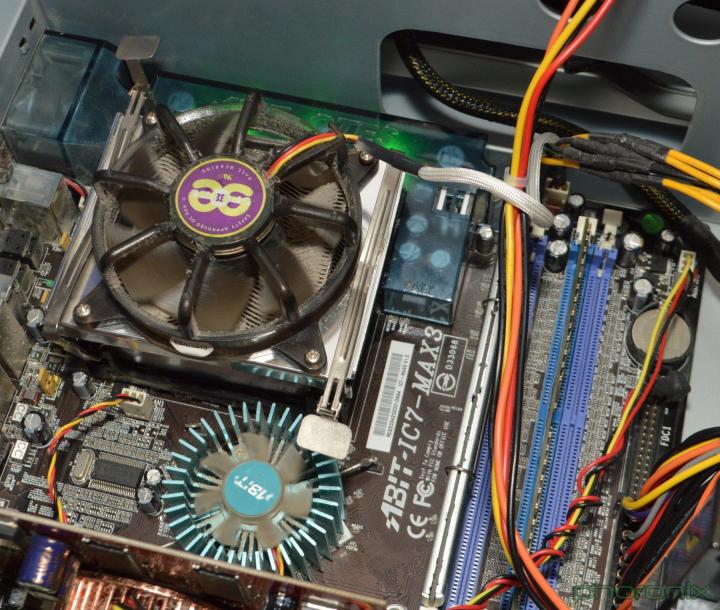
The two processors they managed to find that still booted up were both Intel Socket 478 chps. One was a single-core Pentium 4 with a clock speed of 2.8GHz and hyperthreading. the other was a single-core Intel Celeron D 320 with a base clock of 2.4GHz. Neither of these are fast by today’s standards, but they wanted to know exactly how fast, and how efficient, they are.
To make sure the test was accurate and consistent, they used Linux and updated it to a more modern kernel version after installation. The system they were installed in boasted 1GB of DDR-400 memory, a 160GB HDD, and an ATI (bet you haven’t heard that name in a while) Radeon 9200 with 128MB of VRam. They also had to install XFCE, a Linux interface that’s less graphically demanding than most.
The difference between machines powered by these processors and the newer ones are even more staggering than expected. The Celeron and Pentium came in dead last on almost every test, only passing the lowest-power processors on a few tests. When compared to the latest and greatest in Intel systems, the old systems scored as much as 60 times slower at completing the same tasks. Even when compared to systems like the Intel Compute Stick with an Intel Atom processor, the 11-year-old chip results were slower by multiple times over.
Performance wasn’t the only factor to take into consideration either. Both of the Socket 478 chips consumed three or four times the total power as newer Bay Trail and Broadwell-based processors. Granted, these chips are designed to run on a lower-power envelope, but their performance is also many times better than the old chips.
The team at Phoronix did their best to make it a fair fight, but there are a lot of factors out of their control that may have affected the results. In the end, it’s more of a thought experiment than anything else, to give us a decent idea of how far chip design has come in ten years or so, and the question is more easily answered in miles than inches. If you want to dive into the data of the experiment, you can check out the full rundown of the process, as well as the meticulous testing process.
Editors' Recommendations
- Intel Alder Lake may be up to 45% faster than the previous generation
- Leaked Intel slide suggests 10900K can be up to 30% faster than 9900K



